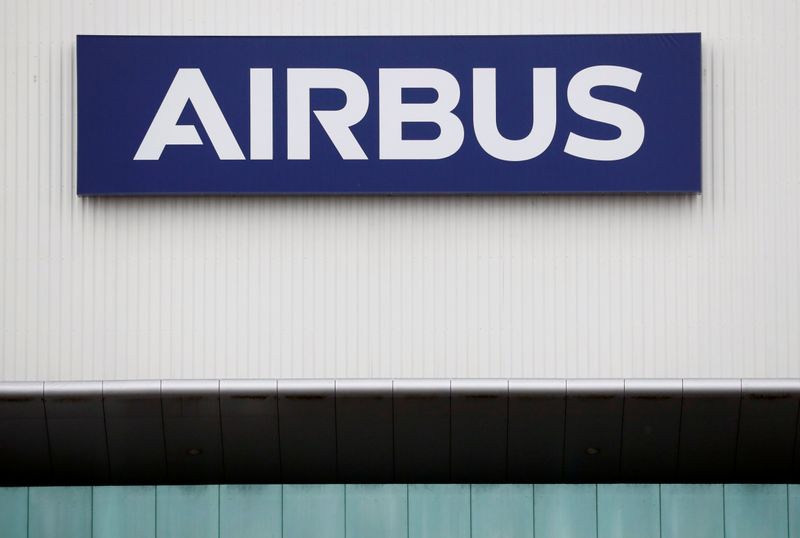By Costas Pitas, Kate Holton and Alan Baldwin
LONDON (Reuters) - British industry expects the government to give the go-ahead for an emergency ventilator production plan on Wednesday that will see a number of firms join forces to tackle the coronavirus outbreak, sources close to the process told Reuters.
Airbus (PA:AIR), Smiths (L:SMIN), Ford (N:F) and McLaren are among firms involved in the process, and some degree of output, whether making components or complete ventilators, should ideally begin next week.
"It will be upscaling, on more of an industrial scale, existing ventilator designs," one of the sources said.
Companies will provide expertise including 3D printing, parts manufacturing, assembly and business planning. An announcement is due on Wednesday, the sources said.
Britain, like many other nations, is trying to boost the number of ventilators available to its publicly funded health service by using some from private hospitals and manufacturing more domestically if possible.
Vacuum cleaner company Dyson said on Monday it was testing a ventilator and scaling up for volume production. It had been working around the clock with medical technology and development company, TTP – The Technology Partnership.
Prime Minister Boris Johnson asked businesses to help make the devices over a week ago when he spoke to more than 60 manufacturing firms and organizations, including aerospace and automotive companies.
A spokesman for Johnson said the government had been in discussions with more than 3,000 businesses and was focused on supporting established British manufacturers to increase production of already approved machines.
"We've made the necessary specifications available online, and have also been evaluating concepts and designs from businesses to understand other viable options for alternative models that we can progress," the spokesman told reporters.
"We're testing proof of concept from a number of suppliers with the support of a team of expert clinicians."
The pandemic has forced doctors in some countries to either ration or plan limiting access to critical care beds and ventilators, with many nations scrambling to make or buy more.
Ventilators, which cost tens of thousands of dollars, are mechanical breathing devices that can blow air and oxygen into the lungs.

They are crucial for the care of people with lung failure, which can be one of the complications suffered by patients with severe COVID-19, the disease coronavirus causes. But they don’t necessarily save people.